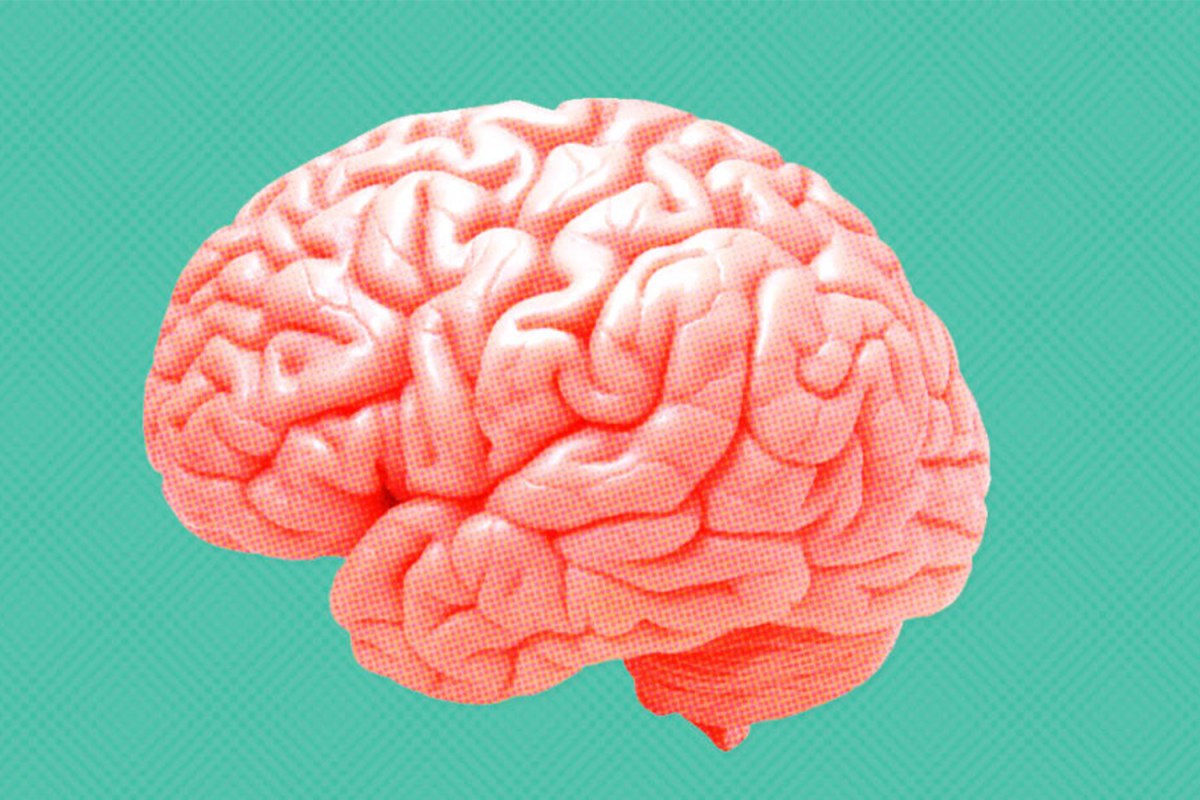Is there such thing as experiencing too much pleasure? For the founders of the sleep analysis start-up SleepWell, the answer is yes. “We’re addicted to dopamine. And because we’re getting so much of it all the time, we end up just wanting more and more, so activities that used to be pleasurable now aren’t,” James Sinka, one of the three founders of SleepWell, told The New York Times.
Sinka, and his co-founders Andrew Fleischer and Alberto Scicali, are a part of a growing community in San Francisco that make concerted efforts to avoid dopamine, or participate in what is being deemed as dopamine fasting.
While technically a stimulation fast rather than dopamine, what it essentially entails is abstaining from…everything. This includes no eating, no listening to music, no physical contact, no exercise, no work, no eye contact — basically anything that has the potential to excite and increase one’s dopamine levels. The ultimate goal of a dopamine fast would be total sensory deprivation, a goal implausible for many as it would require complete isolation and doing absolutely nothing for an extended period of time.
Sinka, Fleischer, and Scicali have adjusted their fasting habits to conform to their schedules and what works best for them. Typically, they’ll spend a day fasting, doing low-excitement activities such as yoga, finding patterns in chemical compounds, and the occasional walk (although they have to be careful not to ask for water or to use the bathroom).
The idea of doing less in order to feel experience more happiness later isn’t a particularly new concept. Dopamine fasting bears strong similarities to silent meditation and the Amish. “The idea of limits on life, that there should be limits and yield signs, is a pretty central Amish assumption,” Dr. Steven Nolte, author of “A History of the Amish” and professor at Elizabethtown College in Pennsylvania, told The New York Times.
Once the fast is complete, Sinka notes that normal, everyday tasks have increased in excitement and pleasure — even food tastes better.
Subscribe here for our free daily newsletter.
Whether you’re looking to get into shape, or just get out of a funk, The Charge has got you covered. Sign up for our new wellness newsletter today.


















